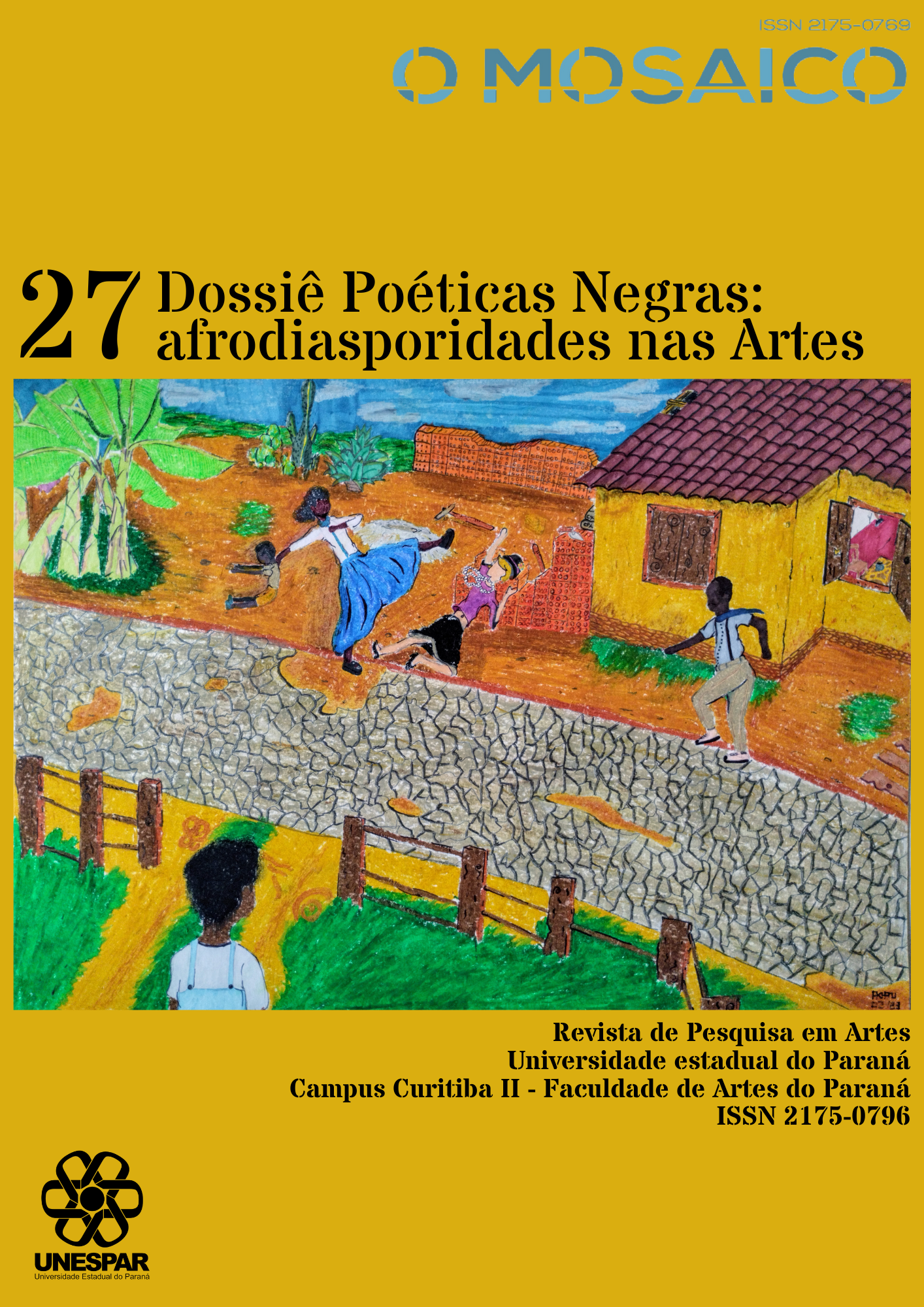Reverberating memories in"Corpos Lona": A Circus of a thousand women
um Circo de Mil Mulheres
DOI:
https://doi.org/10.33871/21750769.2024.19.2.8937Keywords:
CircusAbstract
Abstract
This research comes from an unplanned passion, as they all are. An affection that permeates me from all sides and brought me this reflection that begins here, in the body, where my concerns as a daughter, woman, mother, artist and researcher arise. A desire arises. Talk about circus women and their stories, narratives and memories. From the look at "history" taken by British anthropologist Tim Ingold in his book "Lines, a brief history" (2022), and the theory of the body without organs in the book "A Thousand Plateaus" by French philosopher Gilles Deleuze and his collaborator Félix Guattari (1997), I intend to give voice to a term that I bring in this research, as a great challenge, and as a concept that proposes to justify a body that reverberates stories and memories in movement. A term that I cut out and use here as "Corpos Lona", which tells us about a circus that lives in the body, a body that acts in the world, and, the canvas, the metaphor of this body linked to women who make art. From the establishment of the concept of canvas bodies, I narrate the research process and the momentary cut of the artistic work entitled "A circus of a thousand women", which tells us in movement, everything I try to say in written words.
Downloads
Downloads
Published
How to Cite
Issue
Section
License
Copyright (c) 2024 O Mosaico

This work is licensed under a Creative Commons Attribution-NonCommercial-ShareAlike 4.0 International License.
The authors retain the copyright, when licensing their production in the journal O Mosaico, which is licensed under a Creative Commons license. When submitting the work, and upon acceptance, the author assigns his/her copyright for publication in the journal. Readers can download, print and use the articles published in the journal, as long as there is always an explicit mention to the author (s) and to the O Mosaico, and no changes to the original work are allowed. When submitting an article to the journal O Mosaico and after accepting it for publication, the authors allow, without remuneration, to pass the following rights to the journal: the first edition rights and the authorization for the editorial team to transfer, according to their judgment, this article and its meta data to indexing and reference services.

